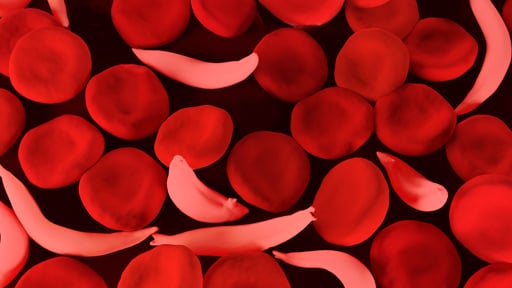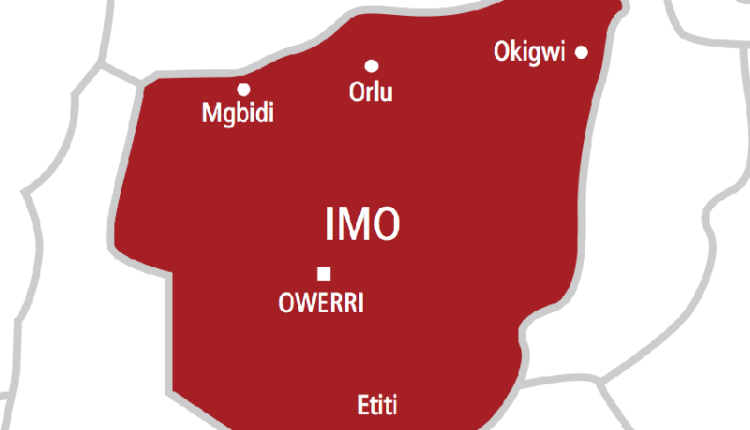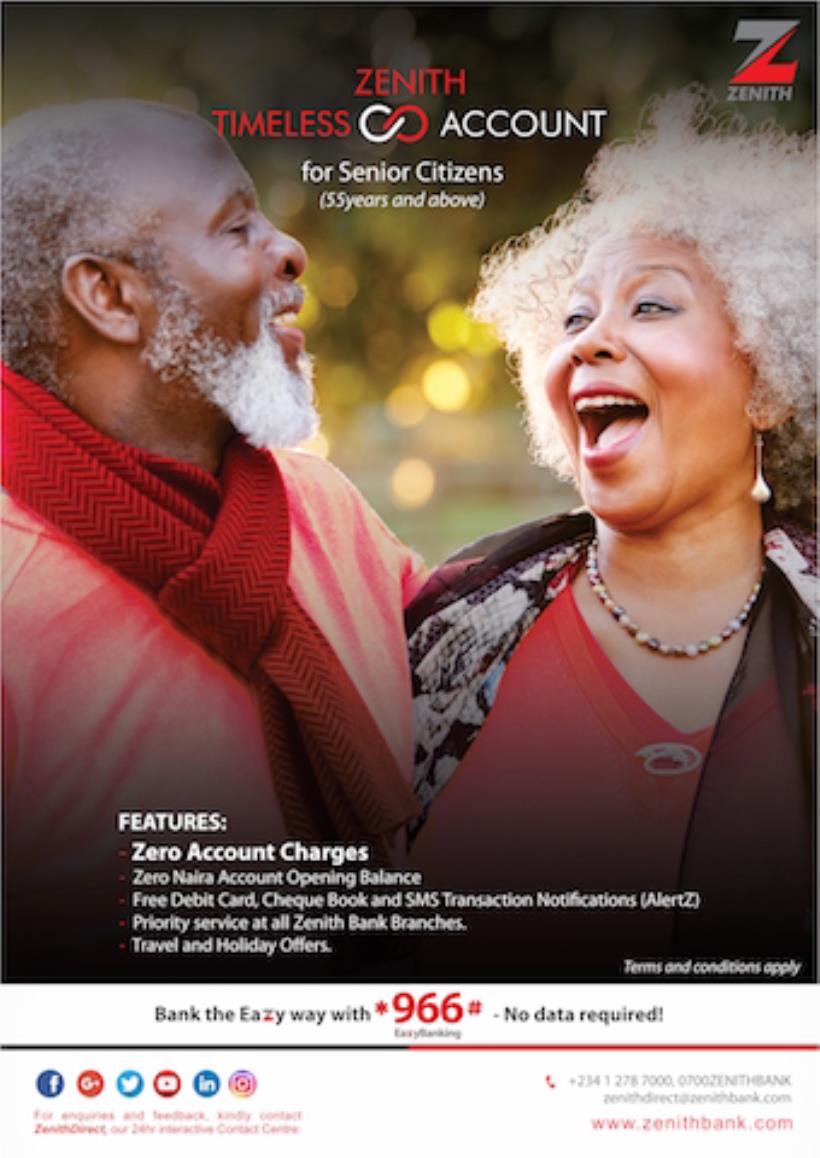
Relevant stakeholders and sickle cell survivors have advocated for an increase in awareness about sickle cell disorder, the elimination of negative notions associated with it, and the urgent need for intending couples to know their genotypes before getting married.
Disclosing that Nigeria is currently ranked the highest-burden of sickle cell disease globally – ahead of the Democratic Republic of Congo and India, they urged school owners, religious, traditional and community leaders to include talks on sickle cell disease and genotype testing into their programs to break the painful and agonising cycle of raising children with the disease.
A sickle cell survivor and Founder of Beulah Sickle Cell Foundation, Mrs Josephine Olunaike, made these known in her lecture during the official launch of the book: “I’m a survivor: the story of my triumph over sickle cell pains,” by Mallam Shehu Mohammed, on Saturday in Abuja.
She said: “It is important that everybody in the country knows their genotype. Therefore, we must educate to eradicate. If we don’t educate and increase awareness we are still going to be moving in this cycle.
“We want to encourage religious homes to talk about sickle cell because it is a very realistic problem. In our religious homes, let us talk about genotype because you must know your genotype before you get married. This will help the intending couples make an informed decision because love will not stand when the problem comes.
“There are those in the rural settings that this awareness needs to reach. They make a major part of what we are talking about. This is where community and rural settlement leaders need to bring in talks about sickle cell and genotype into their communities.
“Concerning genotype testing, some do not know about it, some cannot afford it, and some will not go to the hospital just to have this test done. We must therefore attempt to use our financial capabilities to support free genotype testing.”
In his address, a sickle cell survivor, Mallam Shehu Mohammed, said: “The choice of June 19th, 2021, for this book launch is very strategic and with great symbolism. Today is being recognised all over the world as world sickle cell awareness day hence the choice of the theme of our discussion today which is awareness on sickle cell disorder.
“Sickle cell disorder, despite its wide prevalence in our society, is still greatly misunderstood. Many are still ignorant of what genotype is all about. Due to this ignorance, couples are still giving birth to children with this disorder. Parents and families of children with this disorder do not have enough information on how to best take care of their children to at least reduce the incidence of crisis pains and complications associated with this disorder to the barest minimum.
“Sickle cell patients on their part are still lacking adequate information on how to take care of themselves so that they could at least reduce the negative impact of this disorder on their well-being. Society on its part still lacks the necessary empathy and understanding to sickle-cell warriors. This explains why warriors are greatly discriminated against in the job market and in society generally.
To my audience and all donors, I want to assure you that donations and purchases of the book you are making today is not just for me exclusively. For a start, God willing, I am embarking on a rolling 100 indigent sickle-cell warriors on the NHIS scheme, this will allow this set of people to have free access to healthcare
The Minister of Health, Dr Osagie Ehanire, in a separate event to commemorate this year’s World Sickle Cell Day with the theme: ‘Shine the Light on Sickle Cell,’ said: “Nigeria currently has the highest burden of Sickle Cell Disease (SCD) in the whole World ahead of Democratic Republic of Congo and India, with an estimated 25 percent of her adult population being carriers of defective S-gene.
“WHO in 2015 estimated that 2 percent of newborns in Nigeria are affected by sickle cell anaemia, giving a total of about 150,000 affected children born every year. About 50 percent to 80 percent of the estimated 150,000 infants born yearly with SCD in Nigeria die before the age of five years and those that manage to survive to suffer end-organs damage which shortens their lifespan including stroke.
“The 2021 World Sickle Cell Day commemoration gives us a unique opportunity to raise awareness about the increasing burden of SCD and eliminate the negative notion associated with it as well as building synergy with civil society organizations, international institutions and development partners towards the prevention, control and management of SCD in Nigeria.”
-NATION








